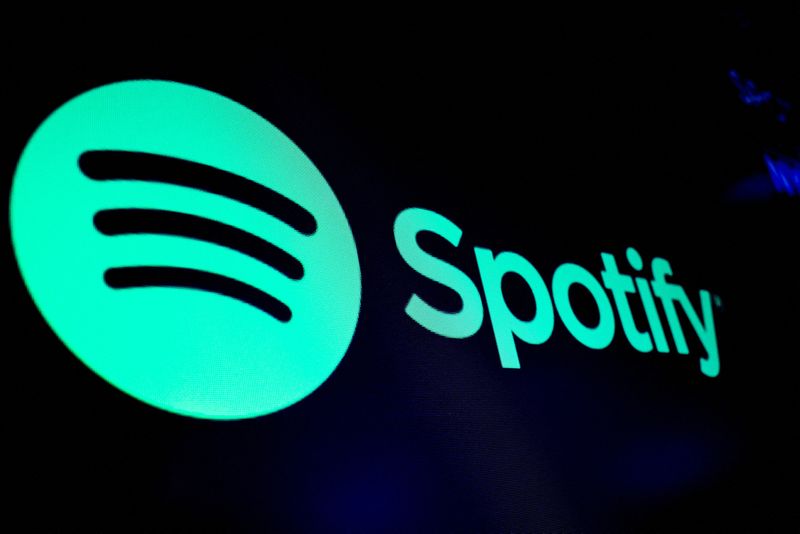Breaking: Spotify Challenges App Store Rules with Controversial External Purchase Link

Spotify is taking swift action following a landmark court ruling against Apple's app store policies. In a bold move, the streaming music giant has announced plans to modify its U.S. app in direct response to the recent judicial decision that prohibits Apple from imposing new commissions on purchases made outside its platform.
The development stems from a significant legal battle initiated by Epic Games, the creator of Fortnite, which challenged Apple's restrictive app store practices. U.S. District Judge Yvonne Gonzalez Rogers delivered an extensive 80-page ruling, concluding that Apple had failed to comply with a previous injunction order.
While Apple has yet to comment on the matter, Spotify has proactively communicated its intentions through a letter to the tech giant, signaling its readiness to implement changes that align with the court's directive.
This ruling represents a potential turning point in the ongoing debate about app store regulations and could have far-reaching implications for digital marketplace fairness. Spotify's quick response underscores the growing pushback against what many developers perceive as restrictive and costly app store policies.
